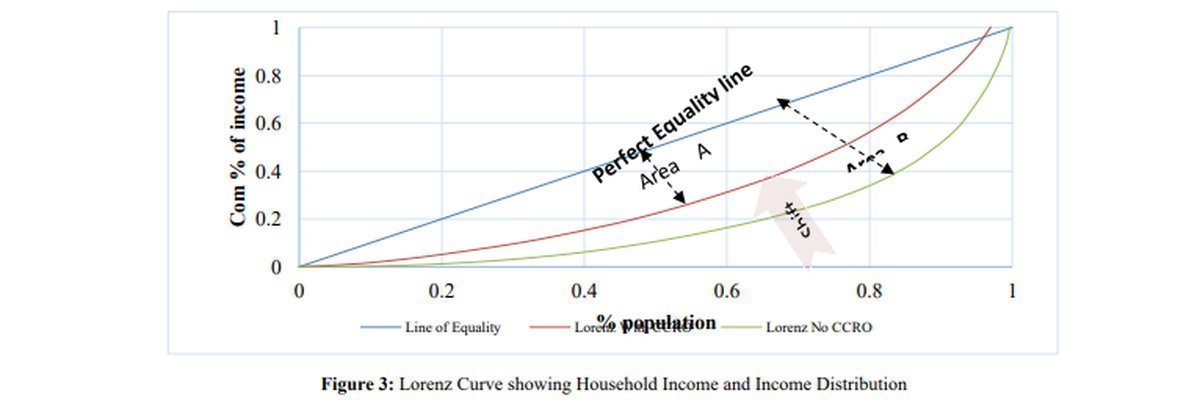Explore cutting-edge research and insights by investmetrics experts.

Gerald Usika; J.K Urassa; S. J. Kabote;
This study was conducted to determine the contribution of the Certificate of Customary Rights of Occupancy (CCRO) to farming households’ food security in the Iringa District Council. Particularly, the study aimed to determine the influence of land tenure security on the food situation of households, the influence of land tenure security on food consumption, and the influence of land tenure security on the source of food for households. The study was guided by the institutional theory and the theory of access, these theories linked the study to the existing body of literature.
The study adopted a quasi-experimental research design where villages that received CCRO were considered as the treatment group of the study and those villages without CCRO were categorized as the control group for the study. The study decided to adopt the Propensity Score Matching method for constructing a comparison group. The total sample size for this study was 400 households, with equality divided between the two villages, with and without CCRO. The study used a systematic random sampling approach to select a sample size of 400 households from the targeted population. The study employed a mixed methods approach whereby both qualitative and quantitative data were collected through questionnaires and interviews respectively. The collected data was analyzed using descriptive and inferential statistics using IBM SPSS for quantitative data, while qualitative data was analyzed using a content analysis approach.
The study found that those households with CCROs show a high score of food consumption compared to households without CCROs, this indicates that CCROs enhance food security in households. This was supported statistically by regression results and bivariate outcomes that illustrate the significance of CCROs ownership in improving the food situation of households between households having CCROs compared to those that haven’t. Furthermore, the study found that there is a difference in food consumption patterns between households with CCROs and those without CCROs. The study concluded that land tenure security has a great impact on the food security of households in the Iringa district, also, it was concluded that CCRO ownership contributes to improving the food situation of households enhancing their capacity to access diverse food groups. The study recommended that government and local government authorities develop policies and strategies that are tailored and applicable to agriculture development and land ownership to improve land governance structure that allows land registration easy.


Gerald Usika; J.K Urassa; S. J. Kabote;
Land distribution is a key factor in income inequality in rural areas of developing countries. This study examines the impact of land tenure security on household income and its distribution in Iringa district, Tanzania, focusing on the Certificate of Customary Right of Occupation (CCRO). Using a quasi-experimental design and Propensity Score Matching, 404 respondents were randomly selected and divided into groups with and without CCROs. Both quantitative and qualitative data were collected through surveys and in-depth interviews. Analysis using SPSS/STATA revealed that households with CCROs had higher agricultural yields, sales, and lower production costs.
They also invested more in modern farming techniques and soil conservation, leading to higher incomes and reduced income inequality. Despite over 50,000 CCROs issued, credit access remains limited due to a lack of awareness and additional collateral requirements. The study concludes that secure land rights are vital for economic growth and poverty alleviation. Recommendations include increasing awareness about CCROs, facilitating their use as collateral, and exploring barriers to credit access for CCRO holders. Further research is needed to address these challenges.

